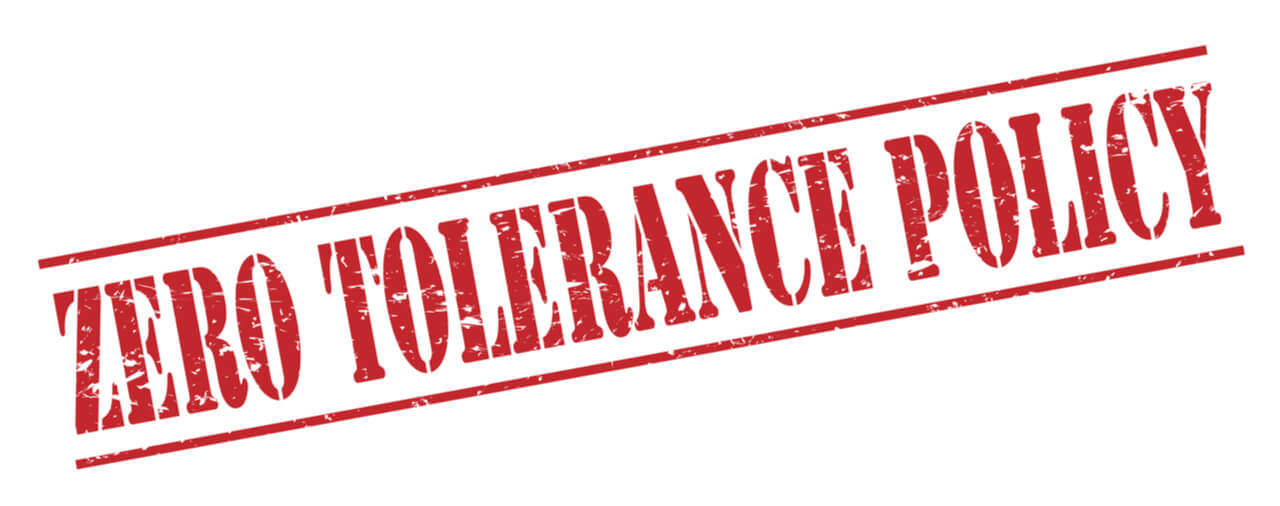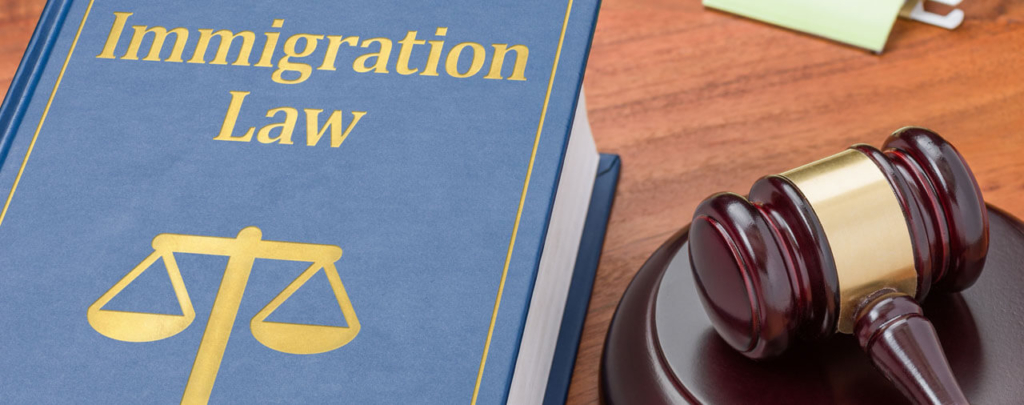- Updates
- Introduction
- Section 1: Statement of Policy
- Section 2: Definitions
- Section 3: New Policy
- Section 4: Prioritization of Criminal Proceedings Involving Alien Families
- Conclusion
Updates
Update: July 16, 2018: We have posted a blog with updates on the litigation surrounding family separations resulting from the Zero Tolerance Policy [see blog]. The Government’s request to modify the Flores Agreement was rejected by the United States District Court for the Central District of California. Furthermore, the Government is complying with a court order issued by the United States District Court of Southern California which required it to reunite children aged 5 and under with their parents by June 12, 2018, and requires it to reunite children aged 5 and older by June 26, 2018. These court orders call into question the continuing viability of the Zero Tolerance policy as applied to parents caught crossing the border illegally with minors as the Government continues to take steps to comply. However, the litigation over the issue remains ongoing.
Introduction
On June 20, 2018, President Donald Trump issued an Executive Order titled “Affording Congress an Opportunity to Address Family Separation” [PDF version]. President Trump issued the executive order after objections to family separations that occurred as a result of an interagency policy to refer every illegal entry and reentry case for prosecution and to prosecute such cases. We reviewed this policy, commonly known as the “Zero Tolerance Policy,” in an article on Attorney General Jeff Sessions’ memorandum on the issue [see article]. President Trump’s new executive order constitutes an attempt to shift the administration’s policy toward family detention. However, as we will see, there are numerous legal questions as to whether the shift will be successful.
In this article, we will examine President Trump’s Executive Order and what it may mean going forward.
Section 1: Statement of Policy
President Trump began by explaining that “[i]t is the policy of this Administration to rigorously enforce our immigration laws.” He then noted that the only legal way for an alien to enter the United States “is at a designated port of entry at an appropriate time.”
In the event that an alien enters the country illegally, the President explained “that [the] alien has committed at least the crime of improper entry and is subject to a fine or imprisonment under [8 U.S.C. 1325(a)].” President Trump stated that the Administration “will initiate proceedings to enforce this and other criminal provisions of the [Immigration and Nationality Act (INA)] unless Congress directs otherwise.”
However, after announcing the policy to vigorously enforce 8 U.S.C. 1325(a), President Trump then stated that “[i]t is also the policy of this Administration to maintain family unity, including by detaining alien families together where appropriate and consistent with law and available resources.”
Section 2: Definitions
The Executive Order defined, for its own purposes, the terms “alien family” and “alien child.”
The term “alien family” encompasses any alien who:
Has not been admitted into the United States or is not authorized to enter or remain in the United States;
Who entered the United States with an alien child or alien children at or between designated ports of entry and was detained; and
That alien’s child or alien children.
The term “alien child” describes any alien who:
Has not been admitted into the United States or is not authorized to enter or remain in the United States; and
Is under the age of 18; and
Has a legal parent-child relationship to an alien who entered the United States with him or her at or between designated ports of entry and was detained.
Section 3: New Policy
Having set forth the Administration’s policy, President Trump provided directions for implementing it.
First, President Trump directed the Secretary of Homeland Security “to the extent permitted by law and subject to the availability of appropriations, maintain custody of alien families during the pendency of any criminal improper entry or immigration proceedings involving their members.” In short, President Trump directed the Secretary of Homeland Security to make detaining alien families together during criminal proceedings a priority. However, the “availability of appropriations” language recognizes that finding sufficient money and facilities to implement this policy directive is and will remain a challenge.
Second, notwithstanding the first point, President Trump prohibited the Secretary of Homeland Security from detaining an alien family together “when there is a concern that detention of an alien child with the child’s alien parent would pose a risk to the child’s welfare.”
Third, the President directed the Secretary of Defense to “take all legally available measures to provide to the Secretary [of Homeland Security], upon request, any existing facilities for the housing and care of alien families…” Furthermore, he directed the Secretary of Defense to construct such facilities if necessary and allowed under law. He also provided that the Secretary of Homeland Security would be responsible for reimbursing the Department of Defense for use of the facilities. As we noted in point one, finding suitable facilities to detain alien families is, in itself, a challenge. It is for this reason that the President directed the Department of Defense to provide assistance upon request in a manner consistent with the law.
Fourth, President Trump directed the heads of other executive departments and agencies, to the extent consistent with the law, to make available appropriate facilities “for the housing and care of alien families pending court proceedings for improper entry…” Again, he provided that the Secretary of Homeland Security would be responsible for reimbursement for use of such facilities.
Fifth, President Trump directed the Attorney General to file a request with the United States District Court for the Central District of California to modify the Settlement Agreement entered into by the government in 1997 in Flores v. Sessions, CV 85-4544. The Flores Settlement Agreement, restricts the period of time that the Government may detain alien minors in immigration detention centers to no more than 20 days. Accordingly, the Flores Settlement currently poses a direct limitation on the President’s intent to expand family detention. The DOJ has, subsequent to the issuance of the Executive Order, already requested modification of the Flores Settlement Agreement [PDF version].
Section 4: Prioritization of Criminal Proceedings Involving Alien Families
President Trump directed the Attorney General to prioritize the adjudication of criminal immigration cases involving detained alien families. This will primarily affect illegal entry and illegal reentry cases.
Conclusion
President Trump’s Executive Order attempts to balance the Zero Tolerance policy for prosecuting illegal entry and reentry, the Government’s interest in detaining those who enter the United States illegally pending resolution of their cases, and the desire to not separate alien families. It seems likely that in order to expand family detention as provided for in the Executive Order, the Administration will either require modification of the Flores Settlement Agreement or new laws passed by Congress. In the event that neither of these things occur, it remains to be seen how the Department of Homeland Security (DHS) and DOJ will implement the Executive Order’s various priorities.
Any individual who is facing immigration detention, with or without children, should consult with an experienced immigration attorney immediately. This is critically important in cases where children are involved.
It is important to note that the family separations in question were a collateral consequence of the DHS’s policy of referring all illegal entry and reentry cases to the DOJ for prosecution and the DOJ’s prosecuting all such cases. Thus, in general, the policy did not reach those who sought admission or applied for asylum at a designated Port of Entry. Those seeking asylum or other forms of immigration protection for which they are eligible should apply at a designated Port of Entry. In so doing, they should also consult with an experienced immigration attorney in the area of asylum and immigration protection. We discuss asylum and refugee protection in a full category on our website [see category].





